In the 60s I was a student on a university campus along with thousands of other baby boomers. Everything was in cultural flux and our generation was confused, scared, angry, opinionated and passionate. We not only wanted change, we demanded it. We were wrapped up in a ruthless war that no one seemed to understand, our president was being exposed for dishonesty and our environment was showing signs of becoming non-sustainable. We were looking for meaning and truth – but most of all we wanted authenticity. During that time, thousands of us found our answer not through religion, but instead through an authentic faith in Christ. History later referred to us as the Jesus Movement; a movement of young Bible-believing, non-denominational evangelicals. We put our faith and hope in God and we were no longer angry or scared – although still very opinionated and passionate, just about different things. Unfortunately our passion for the environment was lost in a new focus on the second coming of Christ. Today, the things we once feared as young seekers are now happening: the world population has doubled and the natural resources of fresh water, soil, air and sources of energy have begun to wane. The extinction rate of endangered species has escalated and even the global climate has started to change, threatening the future of our planet.
I am a Christian; and not just a Sunday Christian, but a passionate evangelical Christian pastor of a thriving church. I believe in the Bible with all of my heart and have diligently tried to mold my life around its truths. I believe that Jesus is coming again but sincerely can’t claim to know when. I believe that his Kingdom (that is, the Kingdom of God) has come to earth as it is in heaven. I believe that it came because of his ultimate sacrifice on the cross for mankind. I believe that he has called his people to stewardship in his kingdom; to care for the people he loves, specifically the poor and broken, and for the earth that he lovingly created. I believe that this responsibility is not just a suggestion but a commission and a mandate without option.
As a committed student and Bible teacher I have read and taught the story of the flood numerous times, always seeing it the same way until one morning in 2005. The Bible is an amazing book and it has a miraculous characteristic. You can read it over and over again and never get tired of it, always extracting something different with each reading. God has a way of illuminating new understanding to his never-changing truths. As I read Genesis 9 that morning, the Lord began to reveal something that I’d never seen before. In this portion of scripture, it tells of God’s covenant with Noah to never again destroy the whole earth with a flood. God said, “I establish my covenant with you: Never again will all life be cut off by the waters of a flood; never again will there be a flood to destroy the earth.” (Genesis 9:11) As I carefully examined the passage I realized for the first time that God’s covenant was not made between God and Noah or even God and man, but between God and his entire creation. God said, “I now establish my covenant with you and with your descendants after you and with every living creature that was with you-the birds, the livestock and all the wild animals, all those that came out of the ark with you-every living creature on earth.” (Genesis 9:9-10) Not only did he say it, but he repeated it six times in a row. He really meant it and to me that was profound.
As God laid out the conditions of this covenant agreement he spoke a number of mandates that everyone should know about. First of all, this was to be a covenant of blessing to humanity. If his mandate was observed, the world’s environment would provide provision to all humanity and would allow man to inhabit and populate the earth. He said, “Everything that lives and moves will be food for you. Just as I gave you the green plants, I now give you everything. ” (Genesis 9:2) Secondly, his covenant demanded responsibility and an accounting that we would use the earth, but not abuse it. He called us to the sanctity of all life. He said, “I will demand an accounting from every animal. And from each man, too, I will demand an accounting for the life of his fellow man.” (Genesis 9:4) Also, his covenant was not to end with Noah’s generation or even with the Old Testament law, but was to be everlasting – for all generations to come. He said, “”This is the sign of the covenant I am making between me and you and every living creature with you, a covenant for all generations to come: I have set my rainbow in the clouds, and it will be the sign of the covenant between me and the earth.” (Genesis 9:12-13)
This changed everything for me. No longer could I separate my passion for the Kingdom of God from my commitment to care for the environment. I had to tell everyone that Christians should not only care about creation but had been mandated by God to be leaders in a worldwide environmental movement. I shared this mandate with my church, I wrote a book on caring for creation (Saving God’s Green Earth) and I became an advocate of Genesis 9 on radio and television. Together with other like-hearted people I started a ministry called ‘Let’s Tend the Garden’. I wrote tirelessly for all kinds of publications and spoke nationally to anyone who would listen. I told everyone that caring for the creation is not an option but a commission, especially for those who value and believe God’s word in his Bible. Many have listened, and others who shared this conviction have joined in an effort to change the minds and practices of Christians worldwide. Over one-third of the world’s population says they profess Christ as Savior and believe that the Bible is true. That is nearly two and a half billion people who, if they recaptured this God-given mandate, could unite to make a lasting difference due to obedience to an ancient but culturally relevant truth.

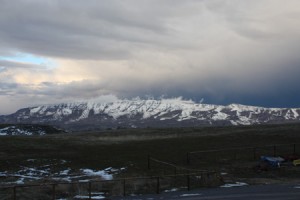
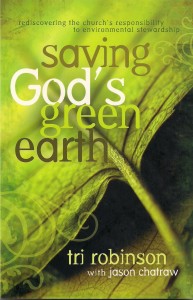
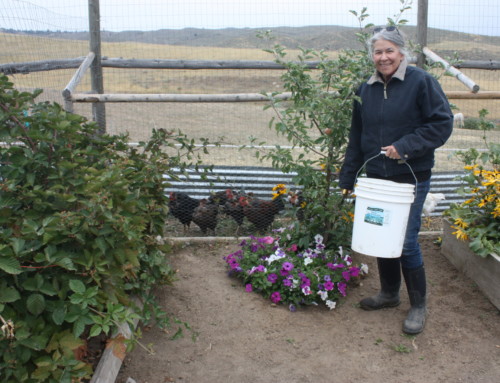
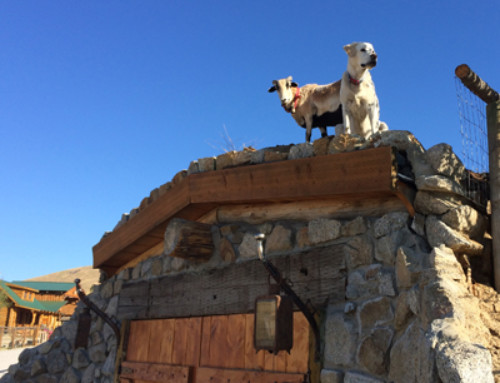
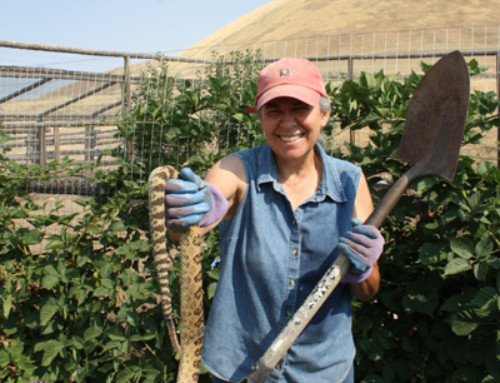
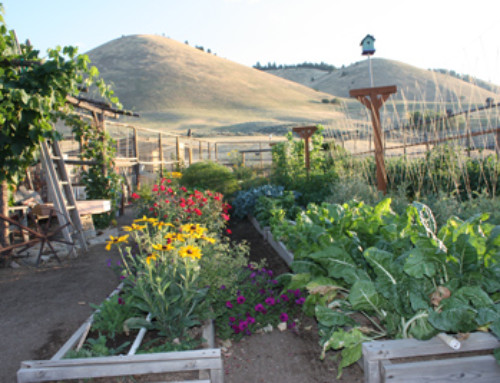
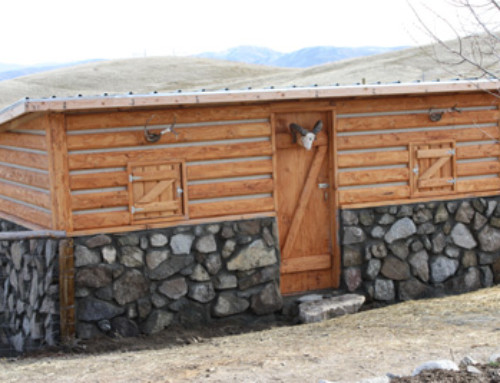

Leave A Comment
You must be logged in to post a comment.